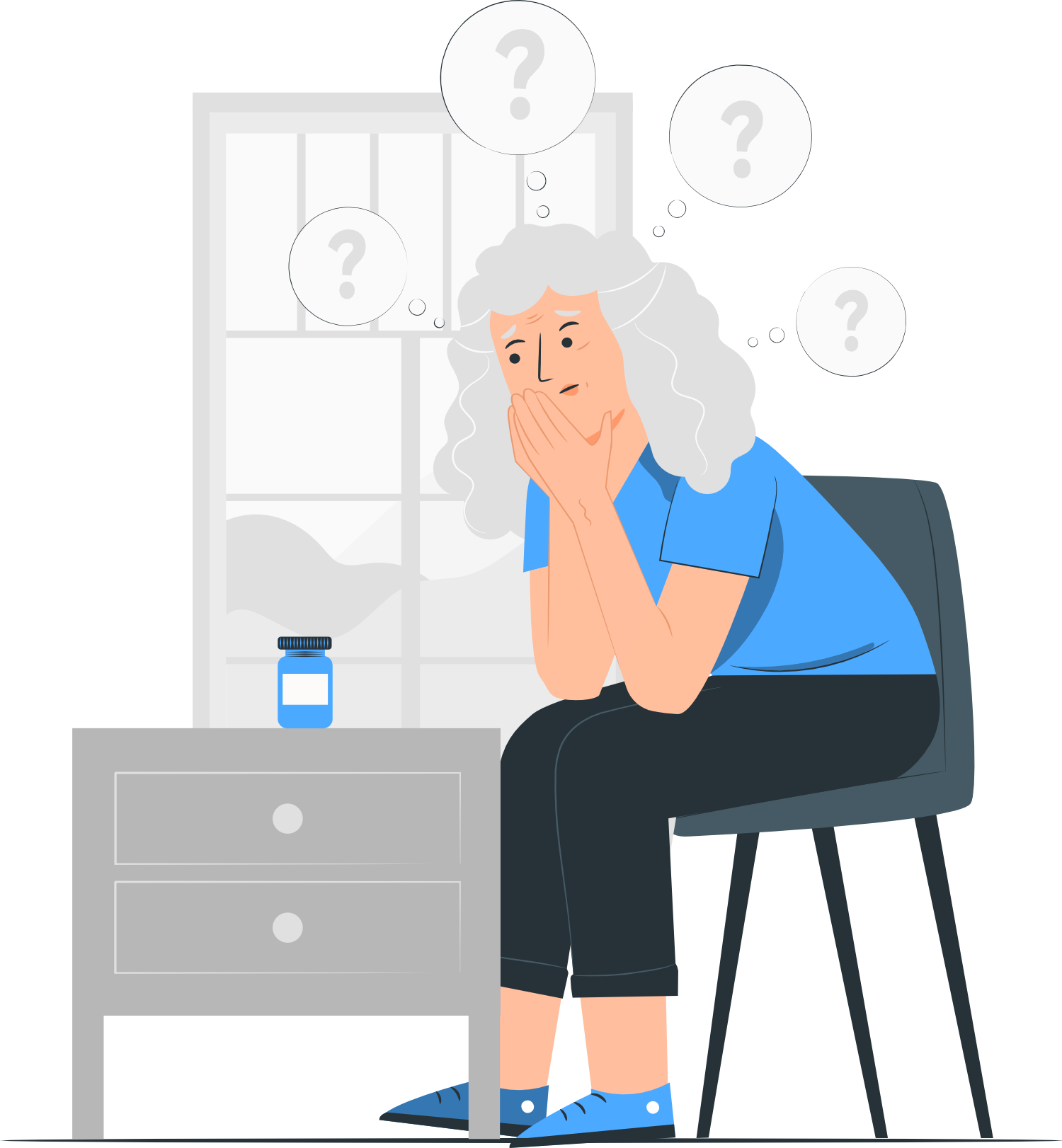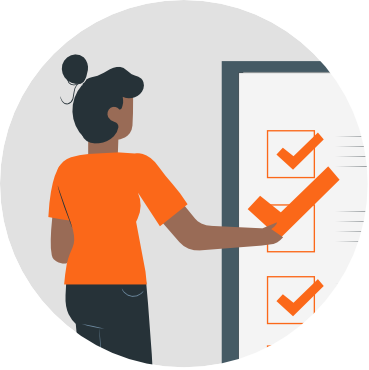Learn invaluable techniques for working with people who live with persistent pain
Live Well with Pain has developed a rich collection of self-management tools and techniques for use by clinicians and other practitioners working with people with pain.
These tried and tested techniques, developed and practised by health care professionals, will help you shift the conversation towards self-care and guide the person you are supporting, to become a confident self-manager of their pain.
Using any of our tools and resources with your patients or clients is completely free. You can find out more about the terms of use for practitioners here.
Practitioners: get printed guides to offer the people you’re supporting
Encourage active engagement in self-care, with LWWP’s range of simple and attractive self-management booklets.
Skills and knowledge for practitioners
Our resources for practitioners have been produced for clinicians, social prescribers, pharmacists, clinical psychologists, physiotherapists – or indeed any practitioners working in pain management.
They include training videos, document downloads and guidance. Here are just some of the topics covered:
Shifting the conversation
-
Why we need to listen to a person’s ‘pain story’
-
Moving from medicines-based treatment to a self management approach
-
Supporting someone to form person-centred goals
Medicines and your patient
-
Exploring medicines use with a patient
-
Carrying out a medicines review
-
Opioid prescribing – how does your practice measure up?
Supporting self-management
-
The skills needed to develop a person’s pacing skills
-
Why using metaphors to explain pain is so effective
-
Why self-management with confidence is the aim
All our resources for practitioners are completely free to use in your work with people living with pain.
Start exploring:

Medicines management
The role of any analgesic medicine in pain management is to reduce pain intensity and allow improved or maintained function. In other words, they are used to help the patient do more of the things that matter to them.
If medicines are not allowing a person to do more, whether because they do not reduce pain intensity or due to side-effects, then they should be carefully reduced and stopped at a time and pace the person can manage.
We have developed a range of resources and research for clinicians, including:
-
opioid equivalence, risks and recommendations
-
an Opioid Tapering Resource Pack
-
and key research papers by leading pain medicine specialists
Resources to give the people you’re working with
Live Well with Pain has developed wide range of leaflets and information sheets to download and print, for you to offer to the person you’re working with. These cover topics such as:
Self-management information leaflets
-
Explaining pain
-
Pain and the brain
-
Goal setting
-
Pacing
-
Learning to manage setbacks
-
Understanding the pain cycle
-
How to sleep well with pain
Self-management tools
-
My SMART Goals
-
My Goal Ladder
-
My Activity Diary
-
My Daily Pacing Plan
Medicines information for people with pain
-
Taking opioids for pain
-
Driving and Pain
-
The Great Opioid Side Effect Lottery
Information posters for public waiting areas
-
Painkillers – the downside
-
An opioid thermometer
 What is self management?
What is self management? Using our resources
Using our resources About us
About us Always trusted, always free
Always trusted, always free Explore our resources
Explore our resources Ten Footsteps programme
Ten Footsteps programme Professional tools
Professional tools Training for practitioners
Training for practitioners Our newsletter
Our newsletter Inspire – our blog
Inspire – our blog